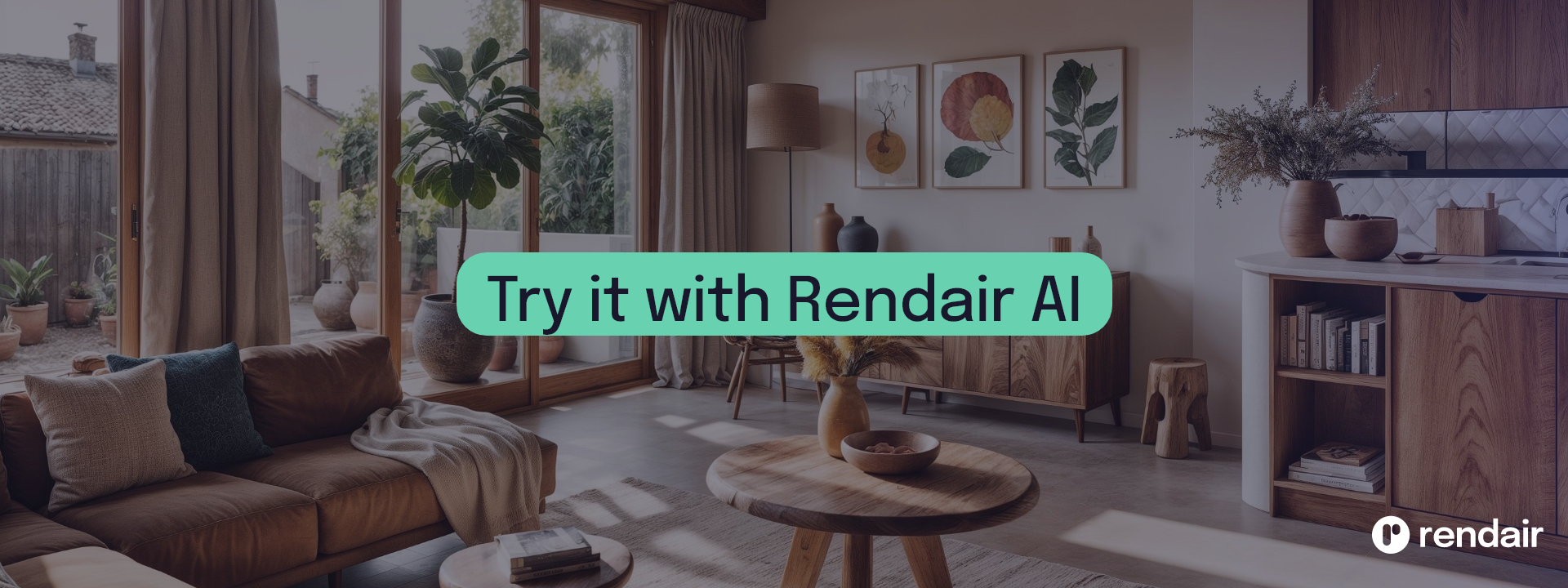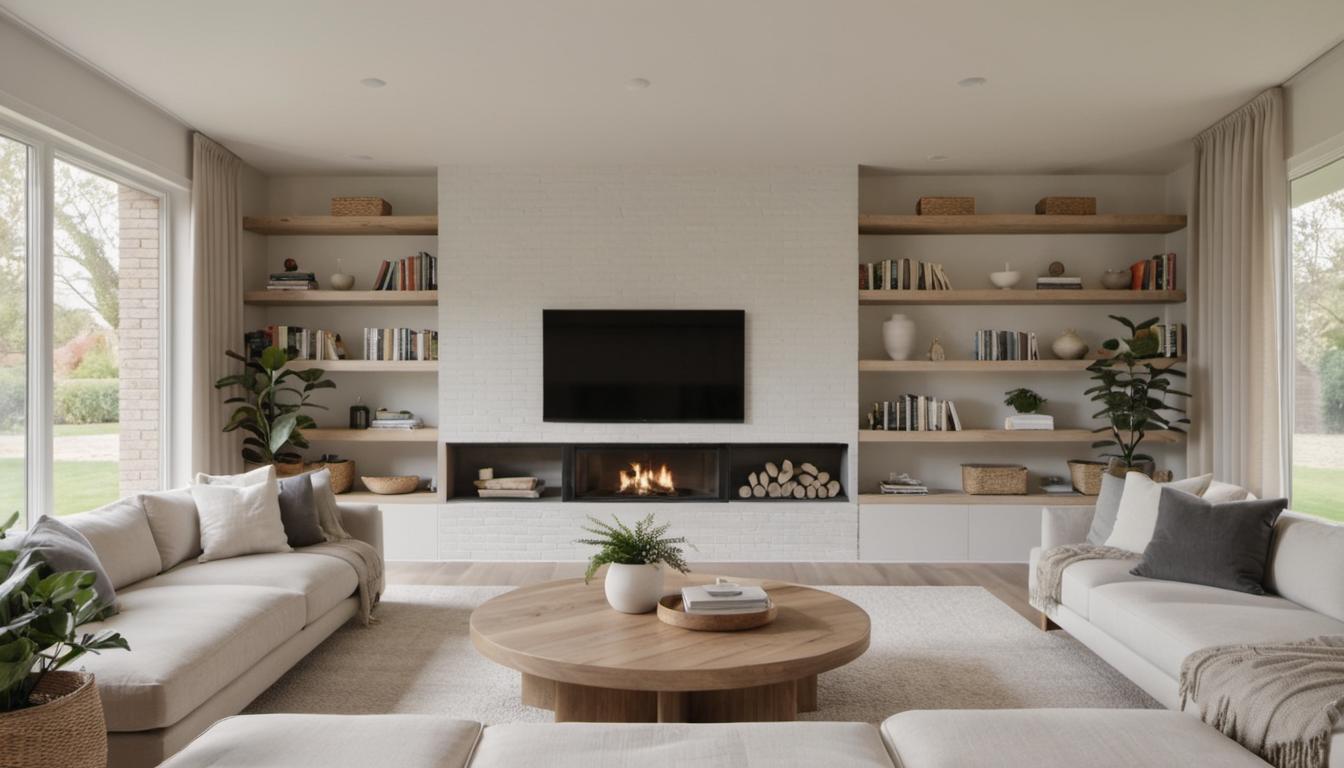Introduction
Today, we’re taking on a compelling subject that has sparked spirited debates – “Can an AI own property?” If you’re an architect, interior designer, real estate professional or related to these industries, you might find this especially interesting. Let’s reveal why this topic is relevant, and what controversies are playing out concerning AI and property ownership.
Defining AI and its Types
Artificial Intelligence, or AI, can be categorized into two main types: Weak AI and Strong AI. Weak AI, often called Narrow AI, is a system designed to perform specific tasks, like voice recognition. Strong AI, also known as Artificial General Intelligence (AGI), possesses the ability to understand, learn, and apply knowledge across different fields. No longer a product of science fiction, AI is making noteworthy contributions across diverse sectors, including design, construction and real estate.
Legal Personhood: Current Scenario
In the legal world, ‘personhood’ refers to the status of an entity being properly recognized as a person under the law. This status often determines the capacity to own property and operate businesses. Hence, our understanding of ‘personhood’ becomes crucial when discussing AI’s potential to own property.
AI and Property Ownership
The notion of AI owning property might seem extraordinary. It becomes especially complex when we contrast the legal standing of Weak AI and Strong AI. The present consensus suggests Weak AI could potentially be allowed to own property, but such liberties could be challenging to extend to Strong AI.
AI and Intellectual Property
Let’s also focus on the role AI plays in creative and innovative processes. Are they mere tools, or do they get to claim a stake too? Assigning intellectual property rights to AI is a contentious issue and offers significant challenges.






